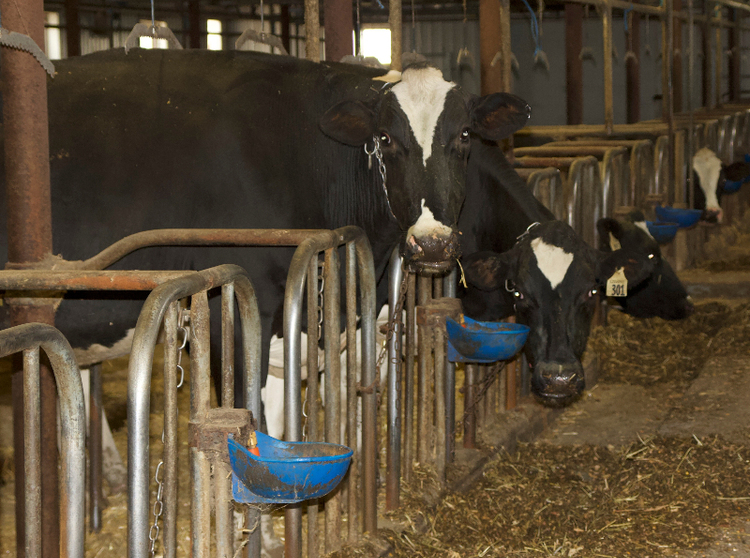Mycotoxins are toxic chemicals produced by (fungi) molds.
Modern farming practices are depressing the plant’s immune systems and microbiome, making them more prone to severe fungal infections. Mycotoxins can develop in the field pre-harvest and during storage post-harvest. Post harvest mycotoxins develop when high moisture feed is not stored properly. If consumed by livestock these chemicals can have toxic effects on the animals. Cleaning moldy grains can help reduce levels of mycotoxins, as the fines usually have the highest amounts. Mycotoxins rarely occur in isolation; Additive and synergistic effects can make seemingly low levels of mycotoxins dangerously detrimental to animal health.
Heat treatments and processing DO NOT inactivate mycotoxins. Don’t forget that finished feeds with and without by-products can be a significant source of mycotoxins. Some feed mills have better quality control than others.
Preventing Post-Harvest Mycotoxins
Poor storage and inadequate bunk feed-out are two controllable variables in the reduction of mycotoxins for silages. Aeration mycotoxins and refermentation mycotoxins can be very dangerous to animal health. Farmers must make sure as little air as possible gets into the bunks when scraping off feed and must keep moisture out.
Keep grain stored cool and dry. Clean out bins before new crop
Silage- prevent air from penetrating when taking off the face of a bunk or bag. Use a defacer or similar. Harvest at right moisture and ensure silage is packed tight enough and use a forage product to ensure proper fermentation...Bio-lac/Seaweed/Sugar.
Testing
Visual inspection is not reliable. Mycotoxins are tiny molecules the are not visible. On the other side…the presence of visual molds does not always mean mycotoxins are present. There are 1000+ Mycotoxins out there. Bio-Ag now offers a test called Myco 7 which test for the presence of 7 common mycotoxins. Mycotoxins almost never occur in isolation. If you have one mycotoxin chances are you will have more accompanying it. Additive and synergistic effects can make seemingly low levels of mycotoxins dangerously detrimental to animal health.
Signs and Symptoms of Mycotoxins in Poultry
- Immune suppression symptoms
- Gut disturbances/oral erosions
- Uneven growth patterns
- Ruffled feathers
Turkeys are more sensitive than broilers • Young birds are more sensitive than older birds.
Mycotoxins Change Gut Microbiome
Mycotoxins damage intestinal cells and gut environment. Beneficial bacteria are killed off. Gut immunity is compromised and parasites such as coccidia can take over. Clostridia thrive in mucoid environment induced by chronic inflammation.
Reproductive system
Always keep in mind when presented with reproductive issues, this includes egg quality in layers! Immune system – All mycotoxins a ffect immune system and suppress it, should be on the list when having disease outbreaks.
General Signs
Most other symptoms come from indirect cause of which immunosuppression is the main sign. This means increased susceptibility to disease and vaccine failure.
Often times waxing and waning symptoms and growth are a sign that there is a problem. This will present as variability in uniformity of bird weights.
Ruffled feathers from compromised nutrient absorption and protein synthesis.
Oral lesions can be visible as mycotoxins are caustic. The feed particles sit in mouth. Lesions can occur in esophagus as well. Look for a rough appearance and can ulcerate and bleed. Lesions can go all the way down to gizzard and proventriculus and contents will reflux upwards.
Condemnations of liver. Aflatoxins are especially hepatotoxic but many other mycotoxins also damage the liver. Pancreatic enzymatic activity harmed by aflatoxin and so feed isn’t digested properly. Mycotoxins can impair kidney function. Swollen kidneys, urates and dehydration.
Gastrointestinal tract is damaged. Mycotoxins kill rapidly dividing cells, these include intestinal cells and immune cells. See signs such as enteritis, diarrhea, slick feces, and shiny feces from fat malabsorption.
Specific signs
Fusarium toxins can cause bowed legs and knocked knees in turkeys.
Ergots can cause claws and combs to become black and fall off.
Signs and Symptoms of Mycotoxins in Dairy Cattle
- Gut disturbances
- High SCC
- Low Milk
Freshening cows are at highest risk for developing illness due to mycotoxin exposure. They have the highest stress. When a cow doesn’t eat (drop in feed intake at calving) the gut loses integrity and becomes leaky allowing mycotoxins to be more easily absorbed. Mycotoxins will damage the gut lining. Rumen microbiome and fermentation becomes dysfunctional when molds are ingested. Think of how penicillin is an antibiotic. Colostrum and even milk can contain mycotoxins, calves can become sick when drink this milk. High SCC, Mastitis and Metritis can also be a sign of mycotoxin issues because if the immune suppressive effects.
General Signs
- Gastroenteritis
- Bloody stool
- Inconsistent manure quality is frequently a sign
- Reduced Dry Matter Intake
- Suppressed immune function
- Reproductive failure

Signs and Symptoms of Mycotoxins in Swine
- Gut disturbances
- Fertility issues
- Failure to respond to veterinary treatment
All mycotoxins have an impact on growth and immune system. Combinations of mycotoxins can make symptoms unpredictable.
Immune System Depression
- Vaccines don’t work
- High rate of disease
- Lack of response to medical treatment (antibiotics)

|




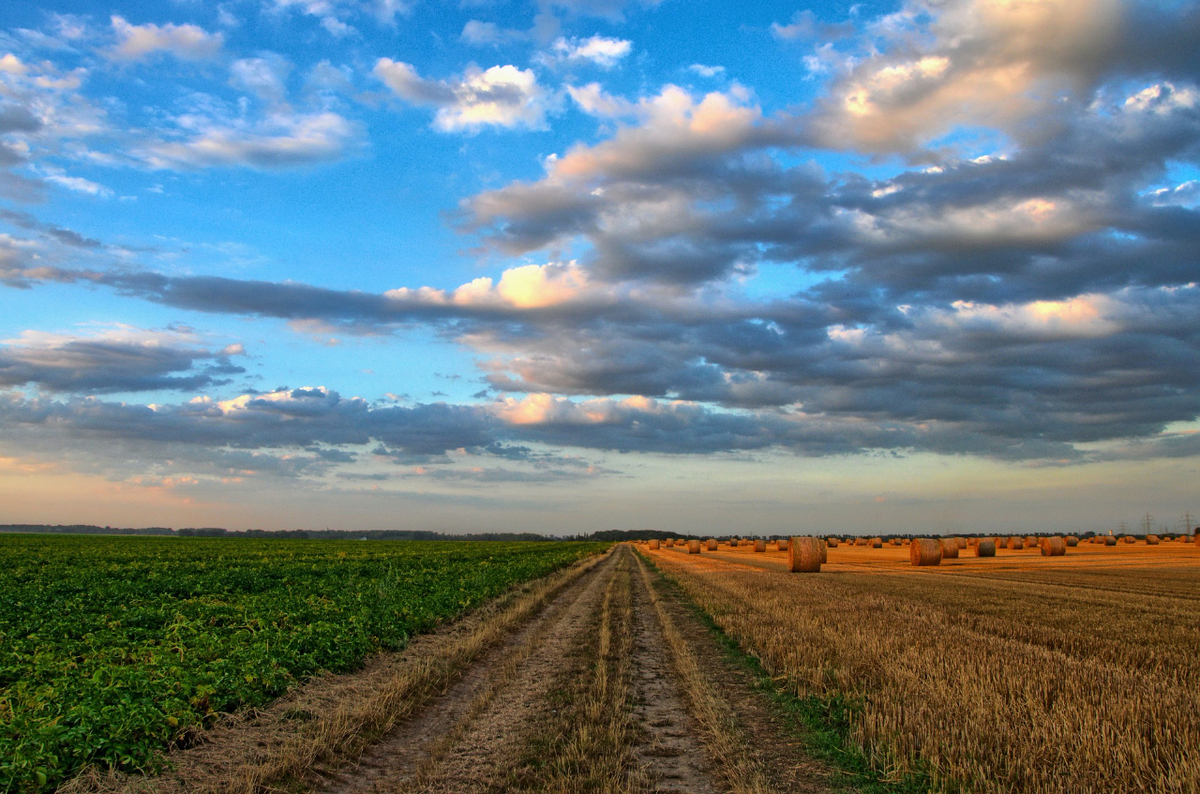
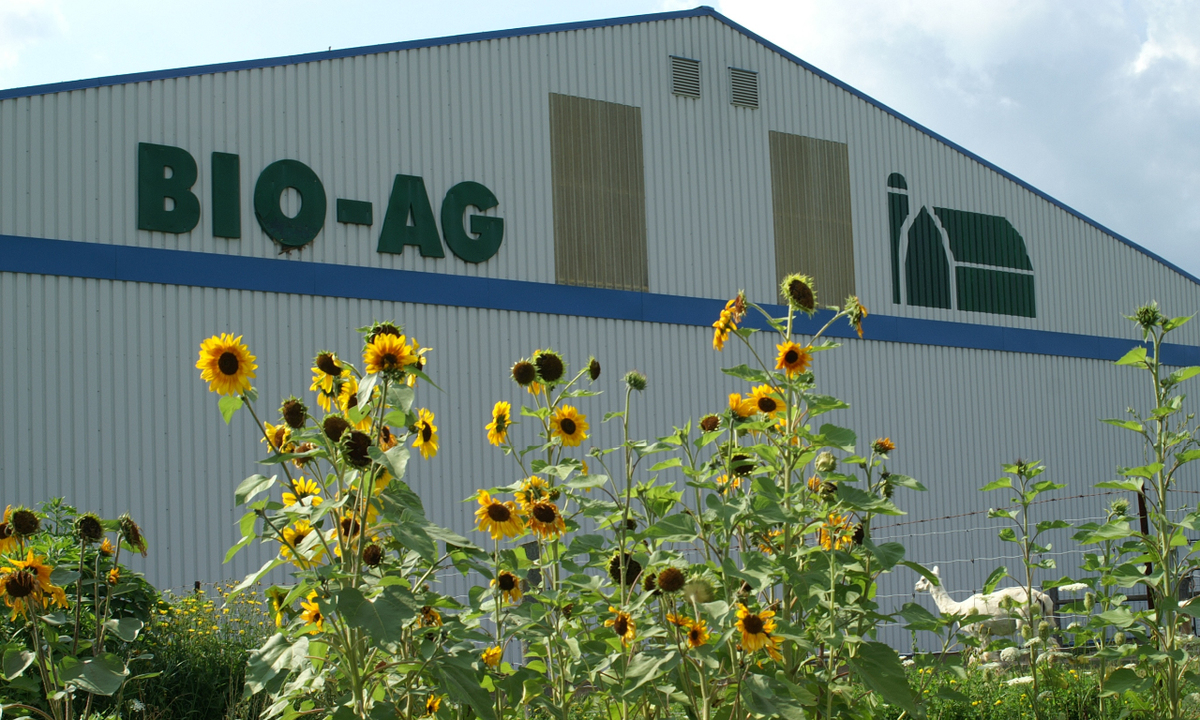
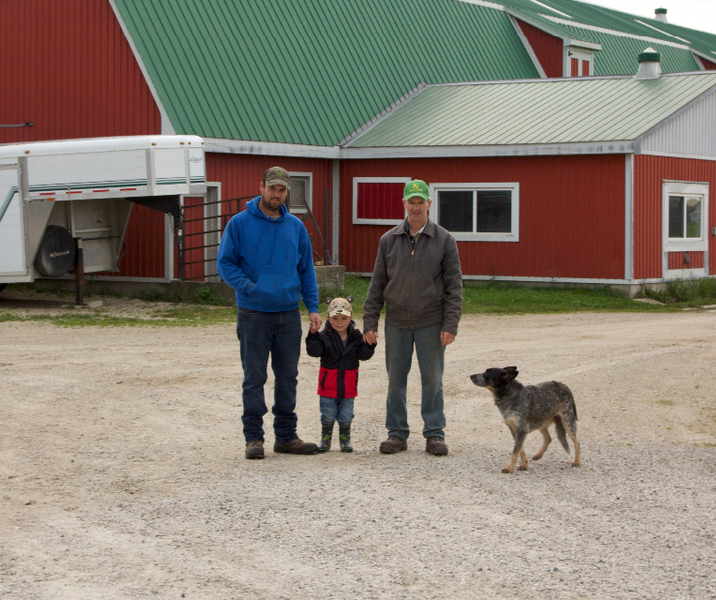
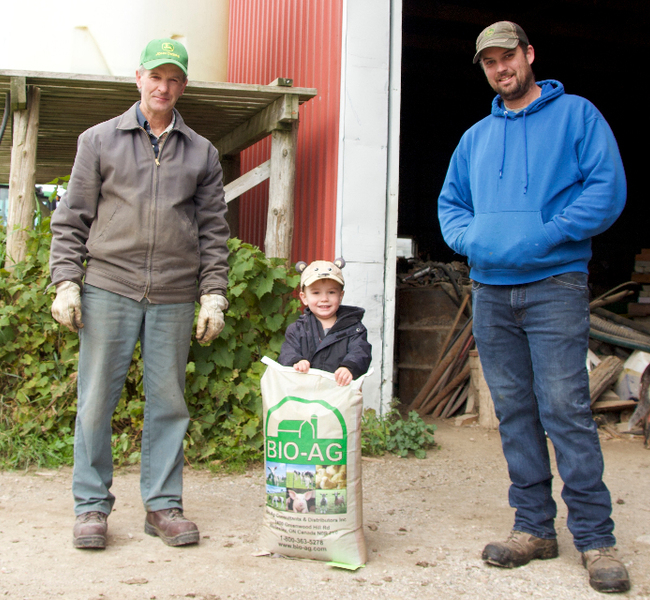 The Schumacher's choose to use all IP seeds and compliments that choice with Bio-Ag products such as
The Schumacher's choose to use all IP seeds and compliments that choice with Bio-Ag products such as